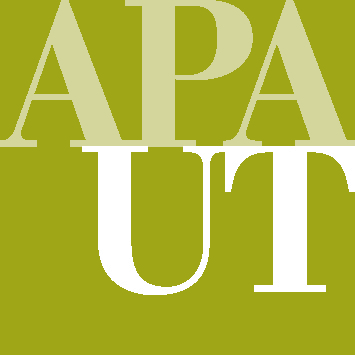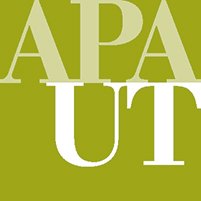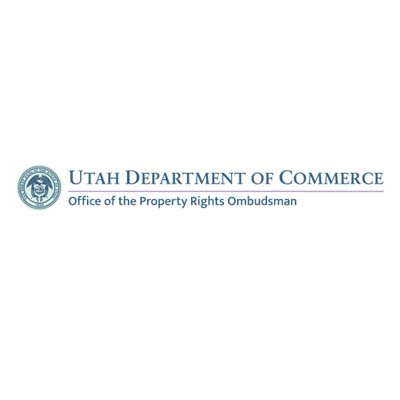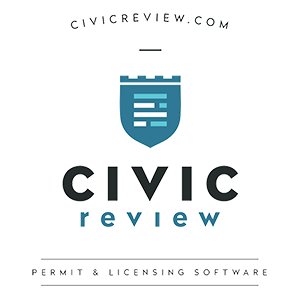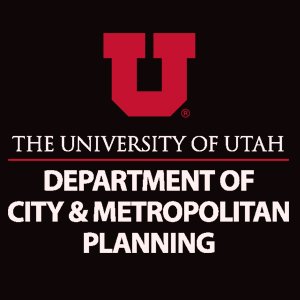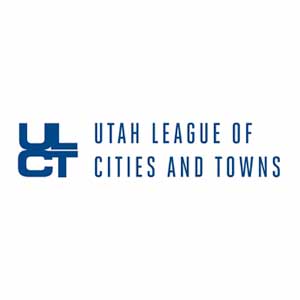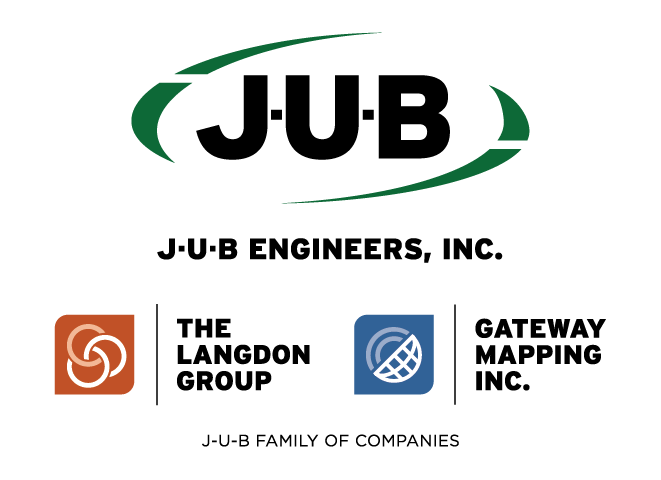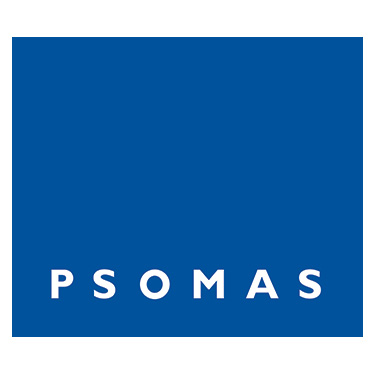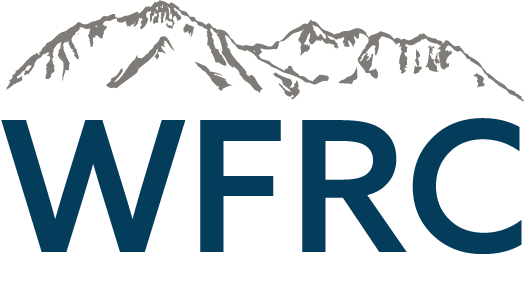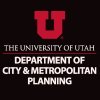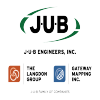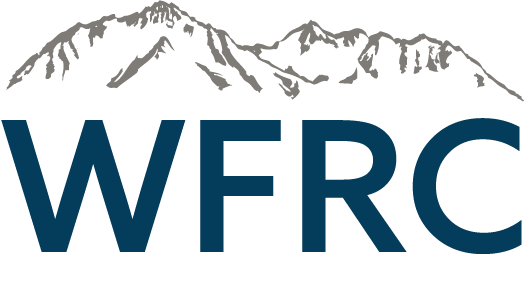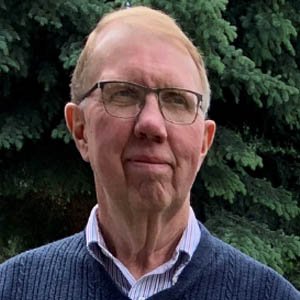
Wilf Sommerkorn
Deputy Executive Director
Utah Land Use Institute
Wilf Sommerkorn retired in 2019 after a 40-year career which included directing planning in Salt Lake County, Salt Lake City, Davis County, and Centerville City. He was also adjunct professor of urban planning at the University of Utah, where he taught a class in the politics of planning, something every planner should know! Wilf has served as legislative chair for the Utah Chapter of the American Planning Association since 1990, where he has had a role in writing the state codes regarding land use. Wilf now works with the non-profit Utah Land Use Institute as deputy executive director. He is currently also serving on the Kaysville City Planning Commission.
Session(s):
Going From Advisory General Plans to Mandatory Compliance – A Good Idea? »
2025 APA UT Fall Conference, October 9, 2025 1:45 pmUtah has always been a state where local general plans are advisory. There has been discussion in recent years at the legislative level of switching to make us a mandatory plan compliance state. Is this a good idea? Why is this coming up now? What does it actually mean? What are the pros and cons? We’ll explore these questions and solicit your opinions in this interactive session.
2025 Legislative Update »
2025 APA UT Spring Conference, May 9, 2025 10:30 amIn the 2025 Utah legislative session, 40 bills on land use and housing were introduced and 25 were passed. These bills added some 765 lines of code to the LUDMA, which is more than double what has been added during the last few legislative sessions! Additionally, 10 other Titles of Utah State Code had language added to them which have some reference to land use. Our presenters will go over what was passed in the legislative session, what planners need to be aware of, and what they need to do. Fair warning, it's a lot!
Basic Land Use Regulations Workshop »
2025 APA UT Spring Conference, May 8, 2025 2:30 pmJoin Cache County, ULUI, and APA Utah for a free 3-hour training on foundational land use principles, zoning regulations, and best practices—all in an engaging, discussion- based format.
2024 Legislative Update »
2024 Spring Conference, May 10, 2024 8:15 amOne of these things is not like the others... in the national push for zoning reform and housing affordability, Utah's legislative efforts were different this year from those of other states. Wilf Sommerkorn, Jason Boal, and Scott Hess will explain, and bring up to date all this year's land use related legislation.
 = Keynote
= Keynote
